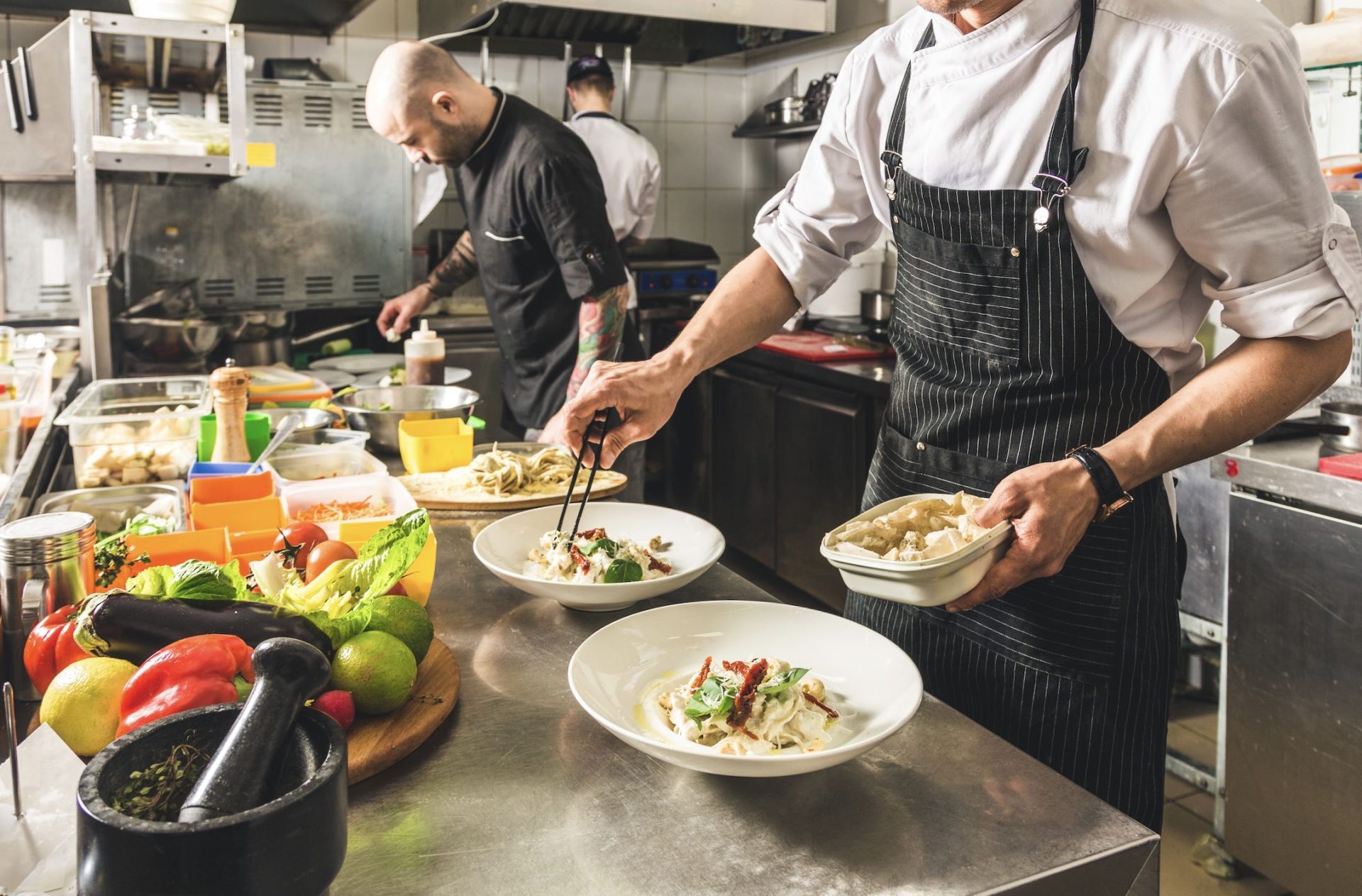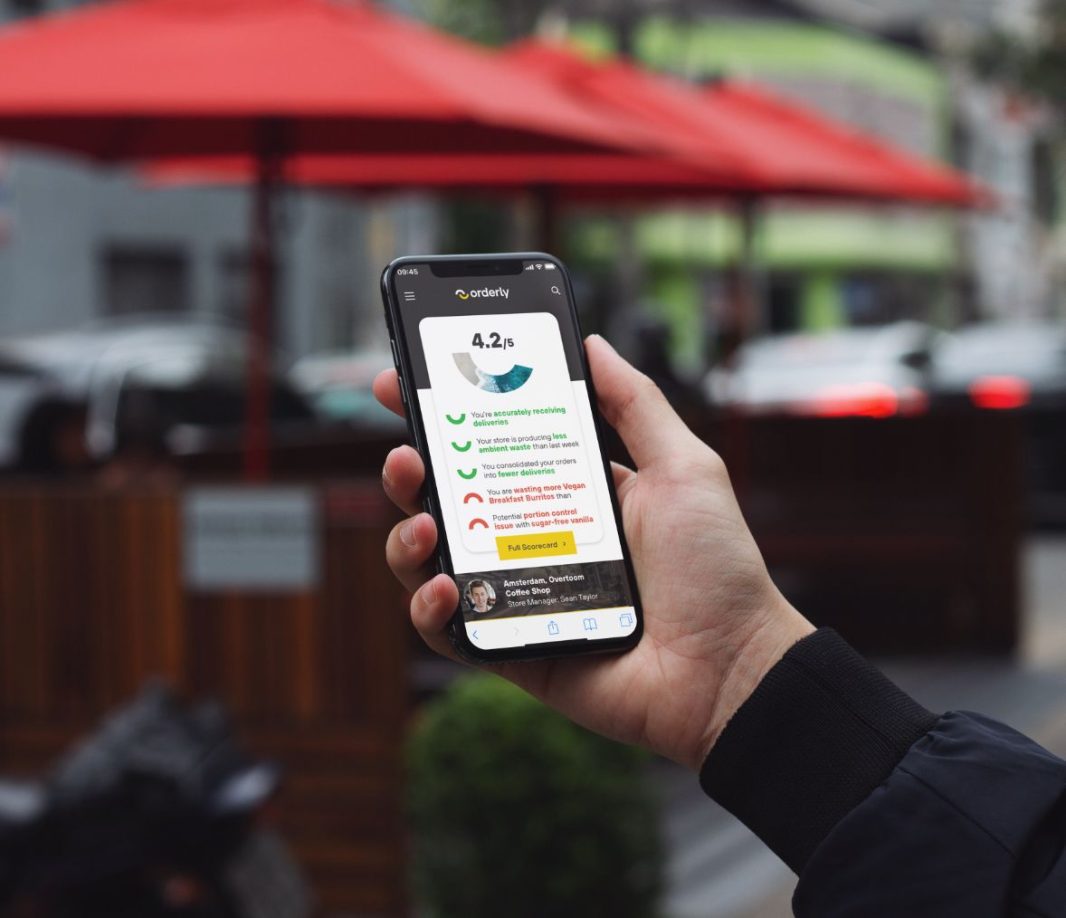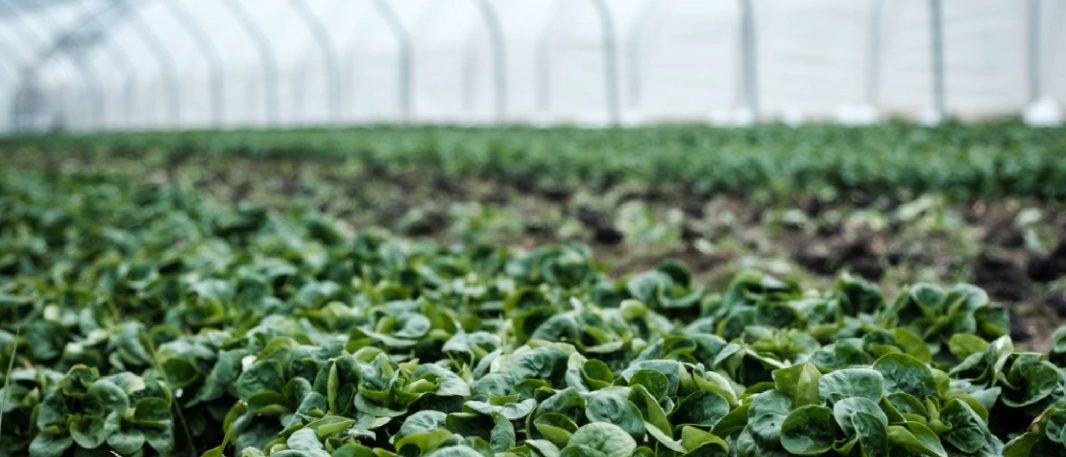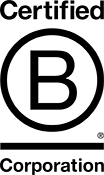Food waste is a huge global problem. In the UK alone, 10 billion pounds worth of food is wasted every year. This is not only a problem from an ethical standpoint, it also has a significant impact on the bottom line for businesses. In this article, we will discuss how True Cost Accounting (TCA) can help reduce food waste in the supply chain for food and beverage businesses. We will also look at how Orderly can help businesses address supply chain inefficiency and control food waste.
The problems with food loss and waste (FLW)
FLW is a problem affecting businesses of all sizes. In the food and beverage industry, FLW can occur at any point in the supply chain, from production to consumption. There are many reasons for food waste in the supply chain, but some of the most common include:
- Inaccurate forecasting or ordering
- Inventory management problems
- Damaged or spoiled products
- Misjudging customer demand
- Poor quality control processes
All of these factors can lead to significant losses for businesses. Not only do they result in wasted money, but they also have a negative environmental impact. The UN Food and Agriculture Organization has estimated that if global food waste were reduced by just 25%, it would be enough to feed 800 million people.
Reducing food waste is not only good for the environment, it is also good for business. If you use food and beverage tracking to address food waste, you can improve your profits by up to 30% – a margin worth achieving. To achieve these benefits, businesses need to use TCA.
True Cost Accounting and why it’s worth pursuing
So what is TCA and how can you achieve it? It accounts for all of the costs associated with a product or service. Unlike traditional accounting, TCA includes not only the direct costs, such as materials and labour but also the indirect costs, such as environmental impact and social responsibility.
By using TCA, businesses can accurately assess the true cost of their products and make decisions based on real-world margins.
In the context of food waste, TCA can be used to assess the cost of wasted food products. This allows businesses to identify and address the factors that contribute to food waste. TCA can also help you make more informed decisions about where to focus your resources to reduce waste.
Reducing food waste
To reduce food waste in the supply chain, companies need accurate data on how much waste is being produced and where it is occurring. This data can be difficult to gather manually, but there is a software solution that can help.
Orderly’s food waste tracking feature enables businesses to record information on each wasted product, including the type of food, the quantity, and the reason for waste. This information can be used to identify and address common causes of food waste in your supply chain.
Once businesses have accurate data on their food waste, they can begin to take steps to address it. There are several ways that businesses can reduce food waste in the supply chain, including:
- Improving forecasting and ordering processes
- Streamlining inventory management procedures
- Implementing tighter quality control measures
- Educating employees about reducing food waste
- Using software solutions like Orderly to track and manage inventory
Applying TCA to your business
The barriers to implementing TCA can be significant if attempting it alone, but there are many resources available to help businesses get started. A quick search can reveal a lot of free online resources that provide tutorials, case studies, and other resources on TCA. The Carbon Trust offers a range of services to help businesses reduce their environmental impact, including assistance with TCA.
Remember that 30% profit margin? Businesses looking to reduce food waste in the supply chain should consider using True Cost Accounting. By taking into account all of the costs associated with producing and selling food, businesses can make more informed decisions about where to focus their resources.
Orderly’s features can help businesses collect data on their food waste and identify areas for improvement. For more information on how Orderly can help your business address food waste, please contact us.







